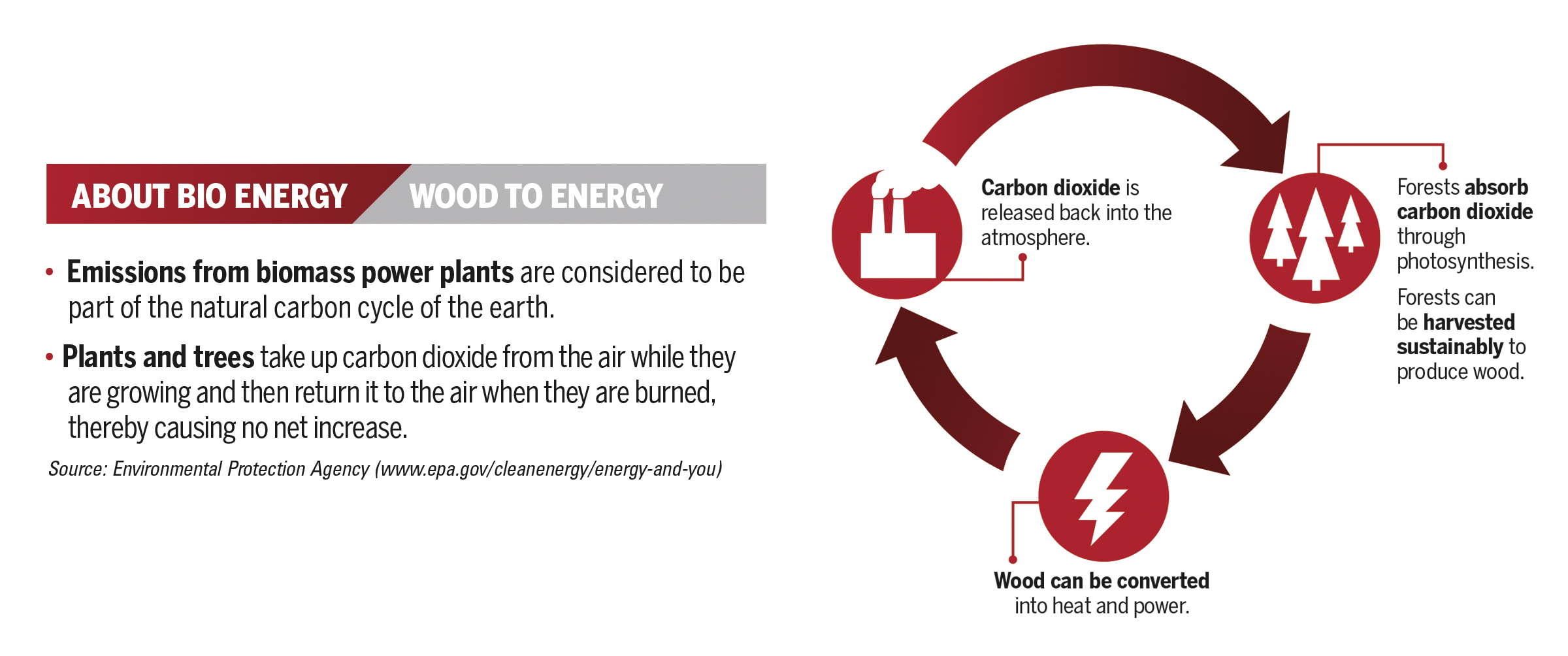In a heavily forested area of the Canadian province of Saskatchewan, nine First Nation communities, known as the Meadow Lake Tribal Council Resource Development LP (MLTC RDI), have taken their commitment to sustainable energy to the next level. With the help of Zachry Engineering Corporation’s (ZEC) Minneapolis Design Center, this entity is developing the Meadow Lake Bioenergy Center, a 39-MW power plant fueled entirely by organic waste from the Norsask Lumber Mill and other sources.
“It’s a small power plant, but it will run solely on organic matter,” ZEC Minneapolis Senior Project Manager Don Bobber said. “As we moved through the environmental permitting process, the Council and our team recognized that the ‘sweet spot’ in terms of size was a 39-MW power plant, due to the availability of feedstock (fuel source), well proven technology within this size range for biomass plants and overall economic capital considerations.”
At the present time, waste from the lumber mill is being burned in a beehive burner, releasing emissions into the atmosphere.
“The Council recognized five or six years ago there was a better way to sustain the forest and environment for which they have a long-term agreement to manage,” Bobber said. “They could protect their environment by reducing carbon emissions, as well as create jobs and supply a power source for SaskPower — the local power provider.”
Selected by the builder, Lill & DiFazio Constructors Canada Corporation (LDCC), ZEC Minneapolis has been providing engineering, design and project support for about two years.
The Norsask Lumber Mill, owned by the Council since 1998, produces 160 million board feet of lumber annually. Fully half of the waste needed to power the plant will come from the lumber mill, which generates an average of 40 to 50 tons of organic waste per hour. The remaining 50 percent of the fuel for the plant will come from organic matter such as roadside debris, mill residues, and a wide range of other forest biomass resources.
The organic waste will be burned efficiently in a stoker boiler to reduce emissions, and an electrostatic precipitator (ESP) will be used to reduce particulates in the air. The fly ash will be collected and sold to local businesses.
Construction of the Meadow Lake Bioenergy Center is expected to take two and a half years, which accounts for the extreme winter weather that can be a significant challenge in northern Saskatchewan. Project completion is anticipated in the fourth quarter of 2017.
The Council has executed a 25-year, 36-MW power purchase agreement with SaskPower, which is the largest electric utility in the province of Saskatchewan.
